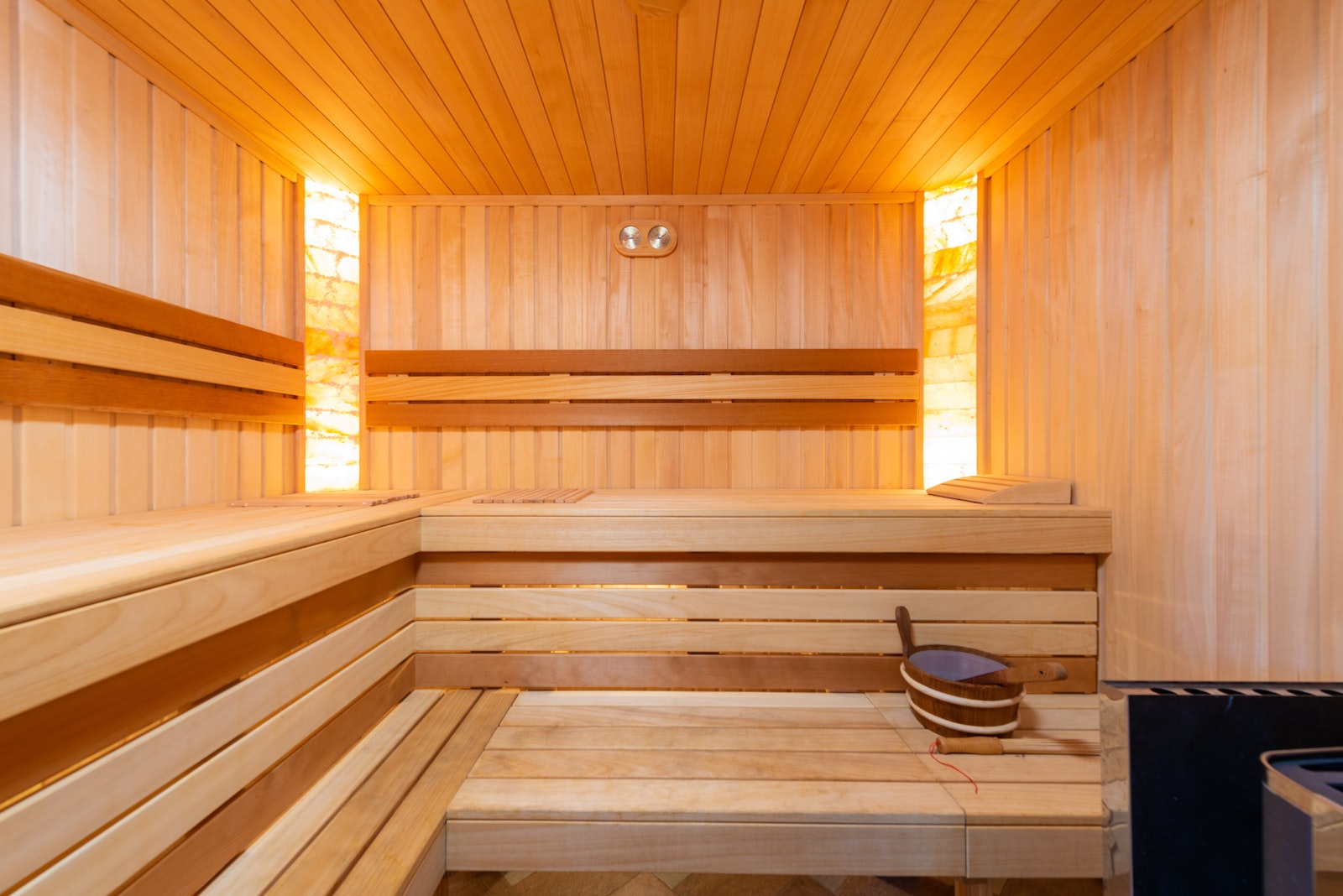Sauna and hypertension: beware!
Sweating is good for you because it helps you eliminate accumulated toxins and maintain your inner body temperature. The Finnish sauna, with very dry air, is one of the most effective ways of sweating, and carried out regularly it can act as a treatment for cleansing of the skin and body. A sauna can reactivate your circulation, cause pore dilation and elimination of waste product although it will not make you lose fat, as the weight you lose is just water, salt and lactic acid. It can be good for those who have water retention issues. The sauna can also be beneficial for its purifying action, and for this reason is particularly indicated for those who have an unhealthy lifestyle: drinking alcohol, smoking, improper diet or stress.
Whom does it harm?
Sauna’s do not go well with hypertension, and are not recommended for anyone who suffers from heart disease or breathing disorders (the dry heat can cause serious breathing difficulty). Asthmatics can try Turkish baths instead. You should not visit a sauna if you suffer from hypertension or hypotension. Those who suffer from high blood pressure should consult a doctor, because excessive heat could cause heart problems. Those who suffer from low blood pressure instead risk passing out in the heat. The sauna is also advised against for pregnant women, especially in the first 3 months, as the heat could be dangerous for the baby.
Some recommendations for those who want to try it:
- Avoid getting in the sauna on an empty stomach or just after a meal
- Do not consume coffee, tea or alcohol and all substances that increase heart rate
- Drink lots of water, because as well as toxins, you will also lose minerals that you need to replace to avoid feeling tired and weak
- Shower before you get in, and start off by lying on the lowest benches to acclimatize
- Do not stay in longer than 10 minutes at a time
- Have a cool/cold shower or bath as soon as you get out
We always recommend you see a doctor before getting in a sauna or Turkish bath, especially if your blood pressure is too high or too low, and if you suffer from cardiovascular or kidney disease. You should also avoid these treatments during pregnancy or menstruation.
A couple more useful tips
- After a sauna or Turkish bath, avoid washing with soap. The heat and sweating dehydrates the skin, which needs to be treated very delicately. You are better off using moisturizing lotions or emollient oils, which help hydrate the skin and make it soft and smooth.
- It is fundamental that you replace the water, minerals (especially sodium and chlorine) and B group vitamins that you have lost by sweating: therefore make sure you drink plenty of water, a fruit centrifuge, or an isotonic drink.
Scientific articles below:
- Cardiovascular effects of Turkish bath and sauna/The effect of Turkish bath on QT dispersion (Anadolu Kardiyol Derg. 2010 Dec;10(6):559) http://www.ncbi.nlm.nih.gov/pubmed/21062699
- Effects of sauna alone and postexercise sauna baths on blood pressure and hemodynamic variables in patients with untreated hypertension. (J Clin Hypertens (Greenwich). 2012 Aug;14(8):553-60) http://onlinelibrary.wiley.com/doi/10.1111/j.1751-7176.2012.00637.x/pdf
- Effects of isotonic and isometric exercises with mist sauna bathing on cardiovascular, thermoregulatory, and metabolic functions. (Int J Biometeorol. 2014 Aug;58(6):1109-17) http://rd.springer.com/article/10.1007/s00484-013-0704-5/fulltext.html


